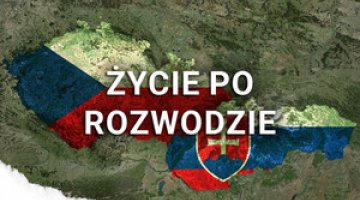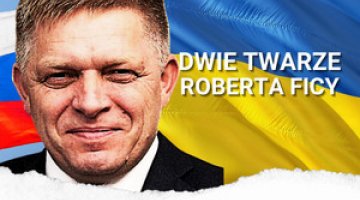Slovakia’s prime minister is the frontrunner in the presidential election
9 January was the deadline for the registration of candidates intending to run for president in Slovakia. The election has been scheduled for 15 March. According to forecasts, the incumbent prime minister, Robert Fico, the leader of the Smer-Social Democracy (Smer-SD) party is the clear favourite. Fico announced his decision to run for president on 18 December 2013. His key rivals are the former parliamentary speaker Pavol Hrusovsky, who is backed by right-wing parties, and the independent candidate Andrej Kiska, the founder of a well-known charity. Robert Fico will remain in post of prime minister while running his election campaign. He has announced that, should he win the election, one of the party’s vice-presidents should become head of the government and the leader of Smer. The incumbent president, Ivan Gasparovic, who is favourably disposed to the government party, is coming to the end of his second term and is set to retire.
Commentary
- The presidency would be crowning achievement of Robert Fico’s political career domestically. However, this would entail the loss of the significantly broader competences available to the prime minister. Yet Fico, who is 50, is unlikely to have another such good opportunity to run for president. Furthermore, if he is elected, this would be a leg up in any possible future career at international institutions. Fico’s presidency is also important for his party, Smer, which needs the support of the president, for example, to push through its staff policy in the judicial system. With time it is becoming ever clearer that any other candidate from Smer might be defeated in the runoff.
- Fico’s expected victory will enable his party to maintain all the key positions in the state, but it may also bring about divides within Smer and a decrease in support for the party. In the parliamentary election in 2012, two thirds of the votes received by Smer were cast directly for Fico. Even the influential minister of internal affairs, Robert Kalinak, who is often pointed to as Fico’s successor, is less respected in the party and clearly less popular among the general public than Fico.
- The fragmentation of the political right, who have been unable to find a common candidate, is adding to Fico’s chance for victory. To defeat Fico, their candidate would have to gain the support of the entire political right and the Hungarian minority, which will be extremely difficult. The politicians with the highest support levels, besides Fico, are Pavol Hrusovsky from the Christian Democratic Movement (KDH) and Andrej Kiska, the founder of one of the largest charities in Slovakia.
- Fico is attracting voters by promising political stability and emphasising the benefits of good co-operation between the government and the president. However, the other candidates are arguing that the Smer team, who has been involved in a number of corruption scandals, needs to be supervised by an active president. The economy will play a major role in the election campaign. Prime Minister Fico may claim credit for the relatively good GDP growth rate (0.9% in 2013, and a forecasted 2.1% in 2014, according to Eurostat) and relatively low public debt level (55%, according to the Ministry of Finance). However, his rivals will be pointing to the need to embark upon more active measures to combat growing unemployment (14% in November 2013, according to Eurostat).




